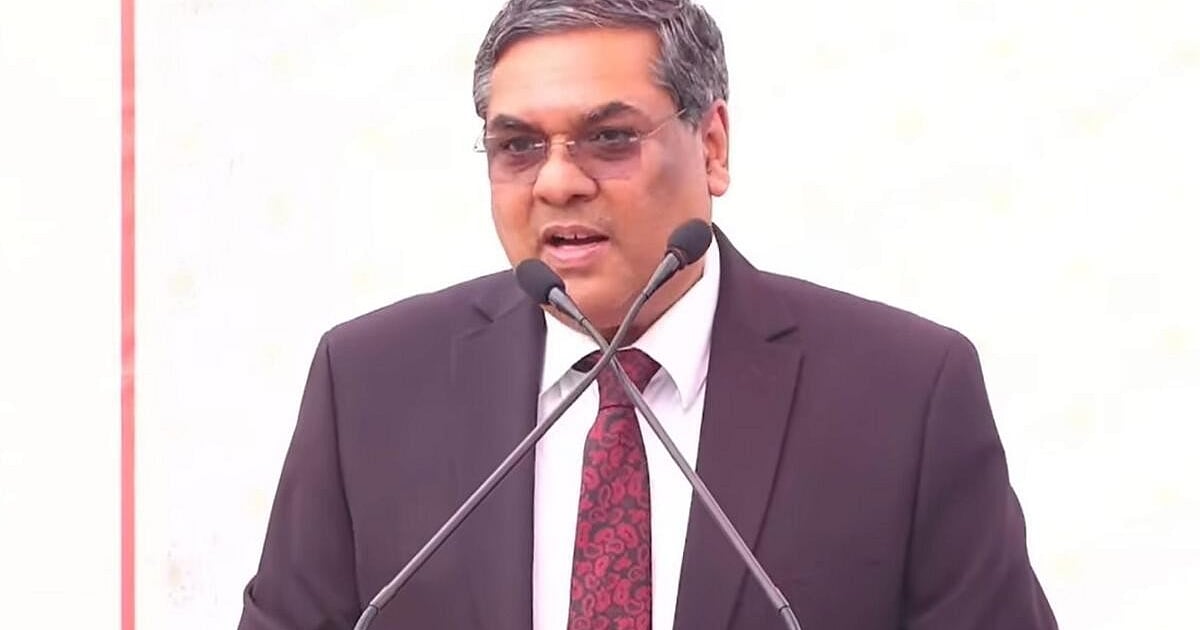 |
|
Chief Justice of India (CJI) D.Y. Chandrachud's statement regarding the Indian Constitution's pivotal role in the nation's transformation carries significant weight, reflecting a profound understanding of India's historical trajectory and its constitutional framework. His assertion that India's journey from the devastation of partition to its current standing as a self-assured global leader is inextricably linked to its Constitution underscores the document's enduring relevance and effectiveness. This essay will delve into the multifaceted ways in which the Constitution has shaped modern India, addressing its impact on democratic institutions, social justice, economic development, and the nation's overall trajectory. The immediate post-independence era was characterized by immense challenges. Partition resulted in widespread displacement, communal violence, and economic disruption. Illiteracy rates were staggeringly high, and poverty was rampant. The nascent nation lacked a robust democratic infrastructure, making the establishment of a stable and just society a monumental task. Against this backdrop, the Constitution served as a foundational document, providing a blueprint for a democratic republic committed to upholding the rule of law, fundamental rights, and social justice. The drafting of the Constitution was a meticulous and inclusive process, involving extensive debates and consultations that shaped the document's fundamental principles and values. The framers of the Constitution drew inspiration from various sources, including the philosophies of democracy, socialism, and secularism, carefully crafting a document that sought to balance individual freedoms with collective responsibilities.
The Constitution's impact on democratic institutions is undeniable. It established a robust system of checks and balances, including an independent judiciary, a bicameral legislature, and a federal structure of governance. These institutions have, over the years, played a vital role in upholding the rule of law, protecting citizens' rights, and ensuring accountability in governance. The independent judiciary, in particular, has played a crucial role in safeguarding constitutional values and ensuring that the government acts within the bounds of the law. Landmark judicial pronouncements have broadened the scope of fundamental rights, strengthened the protection of minority interests, and promoted social justice. The federal structure of governance, while presenting its own challenges, has facilitated a degree of regional autonomy and accommodated diverse linguistic and cultural identities within the national framework. The success of India's democratic experiment is largely attributed to the strength of its constitutional institutions and their unwavering commitment to upholding the rule of law, even in the face of significant political and social pressures.
Beyond the institutional framework, the Constitution's impact extends to the realm of social justice. The foundational principles of equality, liberty, and fraternity have served as guiding lights in the nation's efforts to address historical injustices and inequalities. The Constitution's provisions for affirmative action, aimed at empowering marginalized communities, have been instrumental in promoting social inclusion and bridging the gap between different segments of society. While the implementation of these policies has faced challenges and controversies, they represent a significant step toward a more equitable and just society. Furthermore, the Constitution's commitment to secularism has been crucial in maintaining social harmony in a nation marked by religious diversity. Despite periodic instances of communal tension, the constitutional framework has provided a bedrock for the preservation of peace and the protection of religious freedoms. The evolution of the Constitution itself through judicial interpretations and constitutional amendments reflects a dynamic response to the changing needs and aspirations of the nation.
The Constitution's influence extends to the economic sphere as well. While not explicitly outlining an economic model, the Constitution's commitment to social justice and equality has informed economic policies aimed at promoting inclusive growth and poverty reduction. Although India's economic development has been uneven and has faced challenges such as inequality and poverty, the constitutional framework has provided a guiding philosophy for addressing these issues through policies aimed at uplifting marginalized sections of society and promoting sustainable development. The ongoing debate on economic policies reflects the ongoing effort to reconcile economic growth with social justice within the framework of the Constitution. The transformative impact of the Constitution can also be seen in the evolution of civil society and the strengthening of democratic participation. The freedom of speech and expression, guaranteed by the Constitution, has fostered a vibrant public discourse, empowering citizens to participate actively in shaping the nation's future. The increasing awareness of rights and the growing engagement of citizens in the political process are testaments to the transformative power of the Constitution in shaping a more participatory democracy.
In conclusion, CJI Khanna's assertion that the Indian Constitution has played a pivotal role in the nation's transformation is not merely a statement of fact, but a profound observation that highlights the Constitution's enduring relevance and impact. From the ashes of partition, the Constitution has laid the foundation for a modern, self-assured nation. Its impact extends beyond the realm of legal and political institutions, permeating the very fabric of Indian society, shaping its democratic institutions, promoting social justice, and guiding its economic development. The ongoing challenges faced by India – poverty, inequality, and social divisions – underscore the need for a continued commitment to the principles enshrined in the Constitution and a sustained effort to realize its transformative potential. The journey continues, and the Constitution remains the compass guiding India towards a future where the ideals of liberty, justice, and equality are fully realized.
Source: Constitution helped in country's transformation: CJI Khanna
